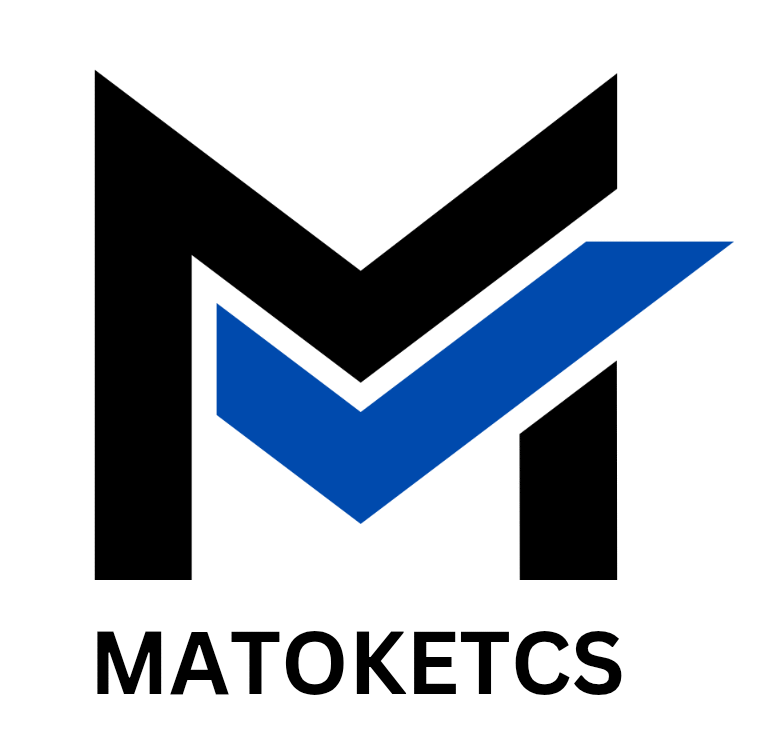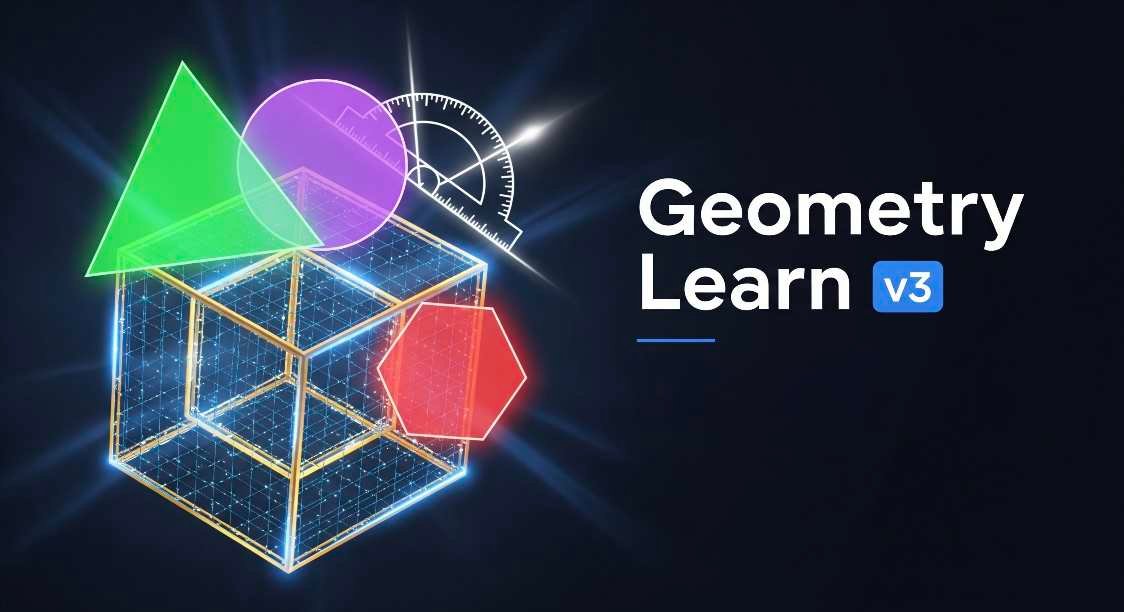Geometry Learn v3: Master Shapes, Angles, and Spatial Thinking Like Never Before
Geometry has long been one of the foundational branches of mathematics. From ancient Greek mathematicians to modern-day students and architects, geometric knowledge has shaped the way we understand space, form, and structure. If you’ve ever wondered how to grasp geometry in a more intuitive and engaging way, geometry learn v3 offers a modern approach to learning this essential subject.
This guide will walk you through how to understand geometry effectively, whether you’re a student, a teacher, or someone brushing up for a career in design, engineering, or architecture.
Why Geometry Is More Than Just Shapes
Many people associate geometry only with triangles, circles, and other shapes. But in reality, geometry is about much more. It develops logical thinking, spatial reasoning, and problem-solving skills that apply to real-life scenarios.
From navigating a city map to building a house, geometry helps you interpret and interact with the world around you. Understanding area, perimeter, and volume has practical uses, while more advanced topics like coordinate geometry connect math with computer graphics, game design, and physics.
Geometry’s Role in Daily Life
Geometry helps:
- Carpenters measure angles
- Artists understand proportions
- Engineers design safe structures
- Game developers build realistic simulations
It’s not just an academic subject—it’s a way to think more critically about your environment.
Foundations of Geometry: Where to Begin
If you’re just starting out or reviewing the basics, the foundation of geometry includes several key concepts that form the building blocks for more complex problems.
Key Concepts to Know
- Points, lines, and planes: The undefined terms in geometry
- Angles: Acute, right, obtuse, and reflex
- Shapes and polygons: Triangles, quadrilaterals, pentagons, etc.
- Congruence and similarity: How shapes compare and transform
- Symmetry and transformations: Reflections, rotations, translations
Geometry learn v3 organizes these topics in a logical progression, helping learners connect each new concept to the previous one. This scaffolding makes it easier to retain what you’ve learned.
Tools and Techniques for Learning Geometry Effectively
Learning geometry isn’t just about reading a textbook—it’s about interacting with concepts visually and kinesthetically.
Use Visual Aids and Manipulatives
Drawing shapes, folding paper models, or using digital geometry software like GeoGebra makes abstract ideas more concrete. Geometry becomes easier to understand when you see how shapes behave in space.
Other effective learning techniques:
- Flashcards for definitions and formulas
- Real-world measurement exercises
- Online practice quizzes and geometry games
Geometry learn v3 integrates both digital and hands-on methods to cater to various learning styles.
Advanced Topics and Real-World Applications
Once you’ve mastered the basics, geometry expands into more complex areas like trigonometry, analytical geometry, and even non-Euclidean geometry.
From the Classroom to the Career
If you’re planning to pursue careers in:
- Engineering
- Architecture
- Interior Design
- Robotics
- Animation or Game Development
Then a strong command of geometry is a must. These fields require a firm grasp of angles, 3D space, and measurements.
Geometry learn v3 doesn’t stop at simple shapes. It covers advanced applications and shows you how to use geometry in practical ways, making the subject come alive.
Staying Consistent and Building Confidence
As with learning any subject, consistency is key. Regular practice, feedback, and real-world connection are essential to building lasting skills.
Here’s how to stay on track:
- Dedicate at least 20 minutes daily to geometry practice
- Mix up your study methods (videos, drawing, quizzes)
- Teach concepts to someone else—it helps reinforce your own understanding
Even if you struggle at first, stick with it. Geometry learn v3 makes learning manageable by breaking big ideas into smaller, digestible parts. With time, your spatial awareness and mathematical reasoning will naturally improve.
FAQ’s
What is the best way to start learning geometry?
Start with basic concepts like points, lines, and angles. Use visual tools and interactive apps to build your understanding step-by-step.
Is geometry harder than algebra?
It depends on your learning style. Some people find geometry more visual and intuitive, while others prefer the formulaic structure of algebra.
How is geometry used in real life?
It’s used in everything from designing buildings and bridges to art, fashion, and digital design. Geometry improves spatial reasoning and logical thinking.
What makes geometry learn v3 different from other learning systems?
It combines visual learning, interactive tools, and step-by-step explanations to help learners master both basic and advanced geometry topics more easily.
Conclusion: Embrace Geometry With Confidence
Learning geometry doesn’t have to feel like a puzzle. With a well-structured approach like geometry learn v3, anyone can improve their understanding of spatial relationships, shapes, and mathematical logic.
This method empowers you to move beyond memorizing formulas and into truly seeing how geometry shapes the world. Whether you’re a student trying to pass exams or a creative professional applying math in your work, having a strong geometry foundation opens the door to many opportunities.
So, take that first step. Dive in, get hands-on, and watch your confidence grow as you explore the exciting world of geometry through geometry learn v3.




